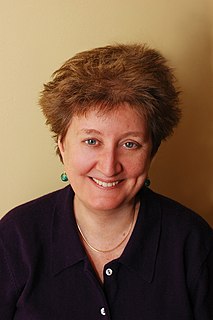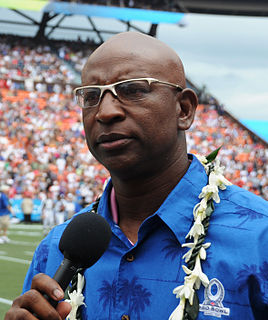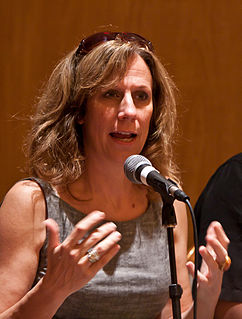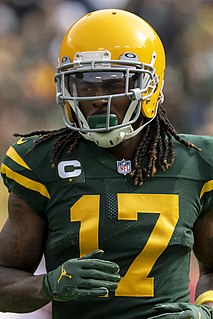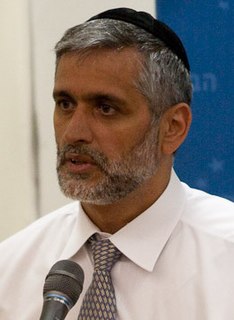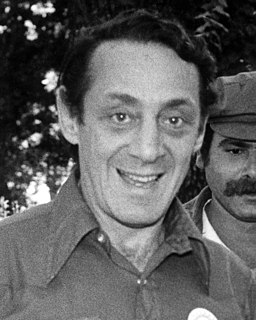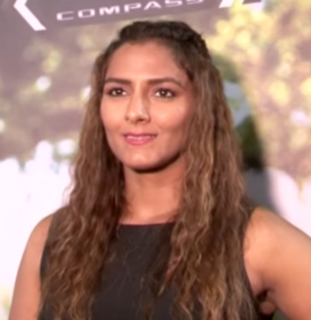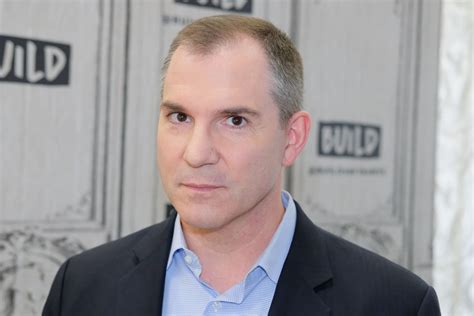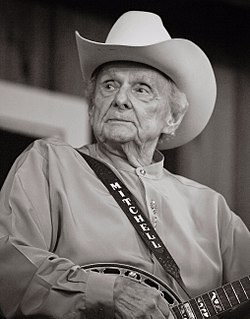A Quote by Katha Pollitt
Coming out was crucial to changing attitudes about gays and lesbians: will people feel differently about abortion if they know their mother, their aunt, or their friend had one?
Related Quotes
Gays and lesbians gained rights in this country though activism and organizing, creating political space and demanding change so that lawmakers and justices could do what they knew was right. That organizing allowed Americans to get to know gays and lesbians as our daughters and sons, our neighbors, and our friends.
I found out - the paper used to go to bed on Tues - on Monday. I found out that on Monday nights, the editors would cut out - literally cut out passages, sometimes whole paragraphs, of some of the writers that might possibly offend blacks, lesbians, gays, radicals. And I wrote a couple of columns about that. And they're - of course, they were annoyed that I had written about it, but, I mean, it - another example - and [my wife Margot] always also conjured that.
I was raised by my great-great aunt. I was adopted within our family. My mother had me when she was, I think, 15, 16. They tried to get her to have an abortion and she refused. So, my 'mama' adopted me, which was really her great aunt, which was really my great-great aunt, who was named Viola Dickerson. I was told that my mother was my sister.
The idea of the book ["The Japanese Lover"] came in a conversation that I had with a friend walking in the streets of New York. We were talking about our mothers, and I was telling her how old my mother was, and she was telling me about her mother. Her mother was Jewish, and she said that she was in a retirement home and that she had had a friend for 40 years that was a Japanese gardener. This person had been very important in my friend's upbringing.
People aren't coming out in postgame interviews saying, 'I'm the greatest.' That's not what it's about. It's about I know what I'm about, I know what I do, and I know I truly feel like nobody can cover me. So, when I get my one-on-one opportunities, I try to show that I can't be guarded. That's just a mentality and a mind-set.
But fairness is where we’re heading, at least in regard to marriage, which has emerged as the terrain on which Americans are hashing out their feelings about gays and lesbians. The trajectory is undeniable. The trend line is clear. And the choice before the justices is whether to be handmaidens to history, or whether to sit it out.
My first banjo? My mother's sister, my aunt, lived about a mile from where we did, and she raised some hogs. And she had - her - the hog - the mother - they called the mother a sow - of a hog. And she had some pigs. Well, the pigs were real pretty, and I was going to high school and I was taking agriculture in school. And I sort of got a notion that I'd like to do that, raise some hogs. And so my aunt had this old banjo, and my mother told me, said, which do you want, the pig or a banjo? And each one of them's $5 each. I said, I'll just take the banjo.
